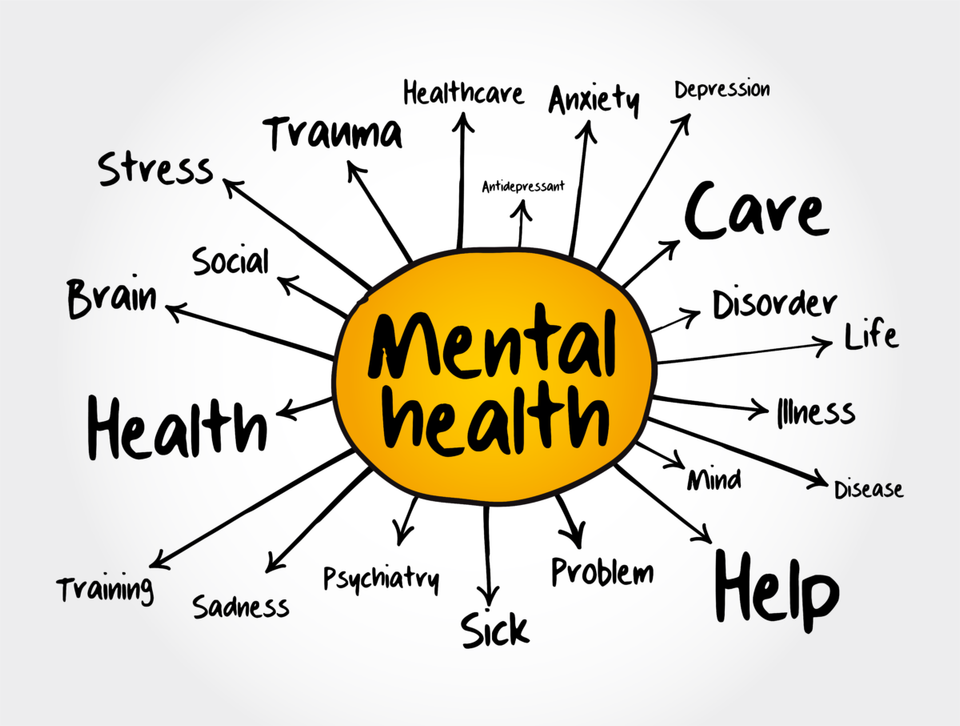Crisis management refers to the process of identifying, assessing, and responding to a crisis situation in a mental health setting. A crisis can be defined as any event or situation that poses a threat to an individual's or a community's well-being and requires immediate attention. Examples of crisis situations in a mental health setting may include suicide attempts, severe depression, psychosis, trauma, and other forms of emotional distress.
The causes of a crisis can vary, but some common factors include a history of mental health problems, traumatic events, changes in life circumstances, and exposure to stressors. Individuals who are at a higher risk of experiencing a crisis may include those who have a history of mental illness, substance abuse, or trauma, as well as those who are experiencing major life changes or stressors.
The first step in crisis management is assessment. This involves identifying the nature and severity of the crisis, as well as the individual's needs and resources. This may involve conducting interviews, administering questionnaires, and reviewing medical records.
Once the crisis has been assessed, the next step is to develop a plan of action. This may involve providing immediate care and support, such as stabilizing the individual's physical and emotional condition, as well as connecting them with resources and support services.
In a psychiatric setting, crisis management often involves providing a range of services, such as:
- Crisis hotlines: staffed by trained professionals who provide emotional support and connect individuals with resources in their community.
- Emergency departments: provide immediate medical and psychiatric care for individuals experiencing a crisis.
- Inpatient units: provide a safe and secure environment for individuals experiencing a crisis, with around-the-clock supervision and support.
- Outpatient services: provide ongoing care and support for individuals who have stabilized but still need additional support.
In terms of treatment, there are a number of different approaches that can be used in crisis management, depending on the nature and severity of the crisis and the individual's needs. Some common approaches include:
- Medication: Antidepressants and anti-anxiety medications may be prescribed to help stabilize the individual's mood and reduce symptoms of distress.
- Psychotherapy: such as cognitive-behavioral therapy (CBT) or trauma-focused therapy, can help individuals cope with the effects of the crisis and develop skills to prevent future crises.
- Support groups: provide a safe and supportive environment for individuals to share their experiences and connect with others who have been through similar situations.
- Crisis intervention: a short-term form of therapy that is designed to help individuals stabilize their emotional and psychological state in the immediate aftermath of a crisis.
- Family therapy: can be beneficial for individuals who have experienced a crisis, as it can help family members understand the impact of the crisis on the individual and the family as a whole, and provide them with tools to support the individual.
It's important to note that crisis management is not a one-time event but a continuous process, as the person may experience a relapse or new crisis. Follow-up care and ongoing support are essential in preventing future crises and helping individuals achieve lasting recovery.
In conclusion, crisis management in a mental health setting refers to the process of identifying, assessing, and responding to a crisis situation. A multidisciplinary approach, including assessment, medication, psychotherapy, support groups, crisis intervention, and family therapy, is typically used to manage a crisis. A psychiatric service would typically provide these services, and it's important to note that crisis management is not a one-time event but a continuous process with follow-up care and ongoing support being essential in preventing future crises and helping individuals achieve lasting recovery.

